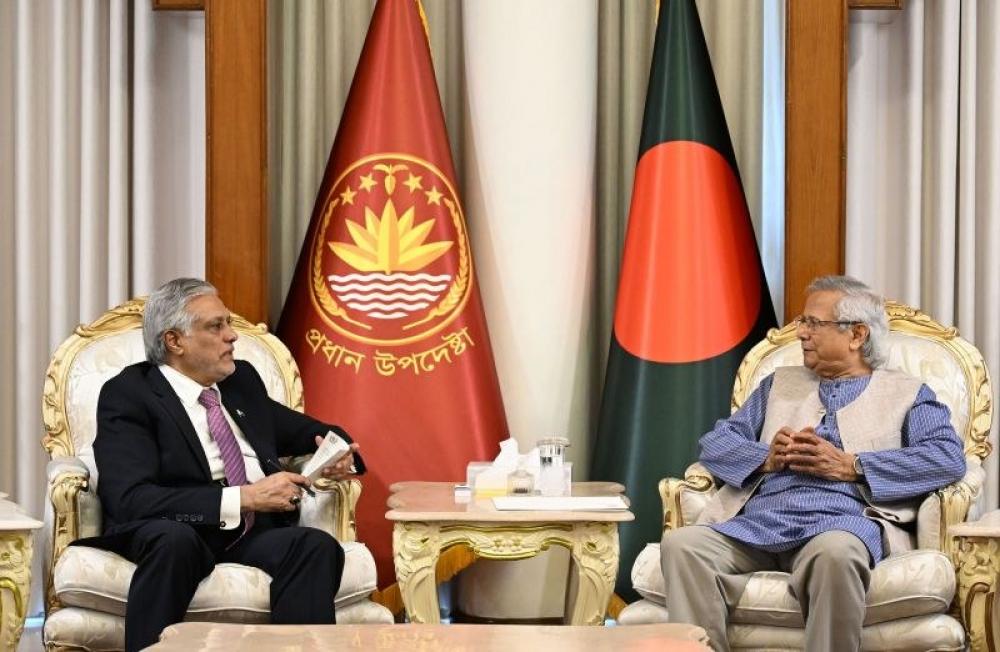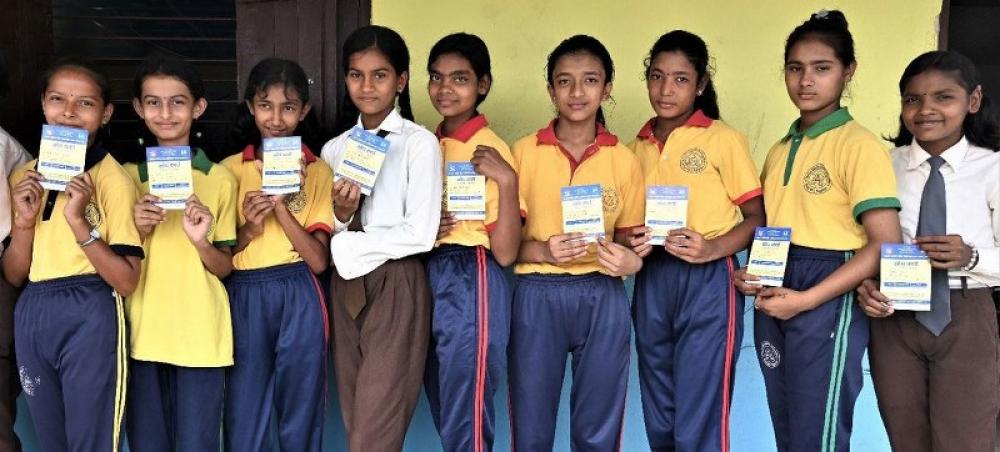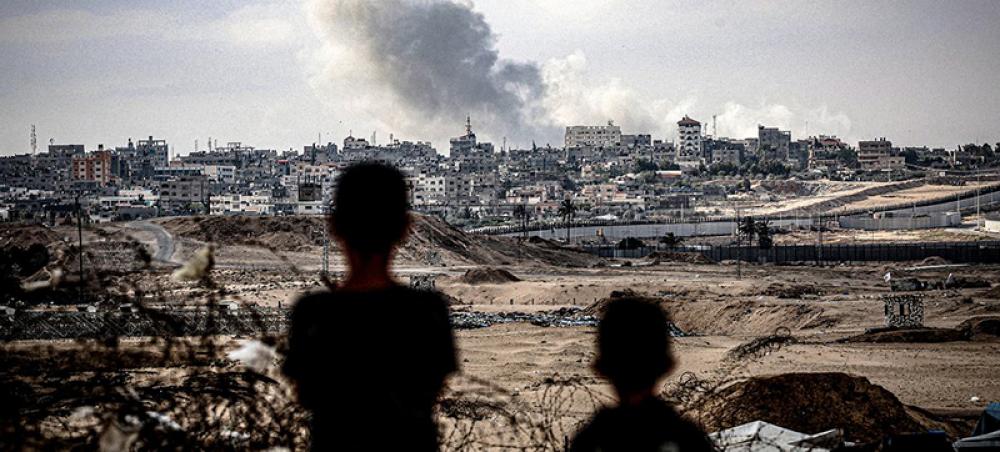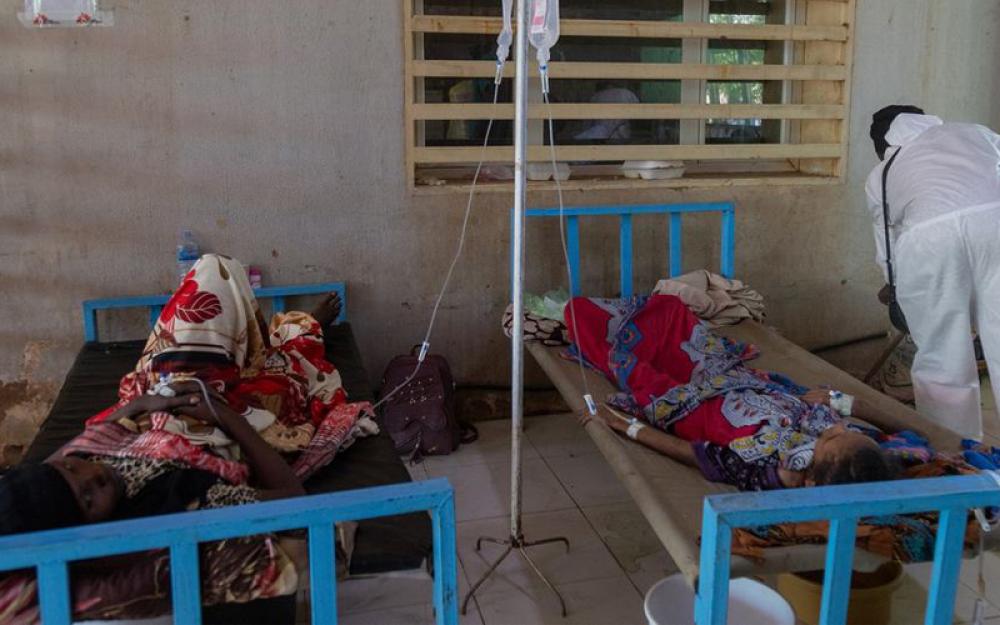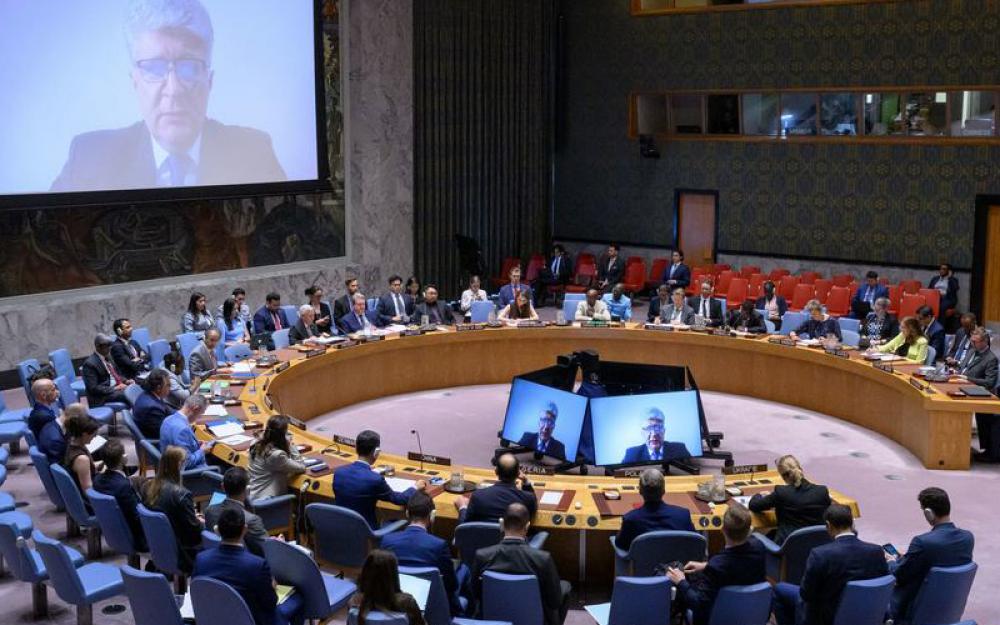Just Earth News | @justearthnews | 16 May 2025, 04:15 am Print
 Arab World
Arab World New study shows over 60 per cent Arab world still outside banking system. Photo Courtesy: Pixabay
A new report from the UN Economic and Social Commission in Western Asia (UNESCWA) published on Thursday showed nearly 64 per cent of adults in the 22 countries in the Arab region are still without an account – or “unbanked” – a higher number than all other regions of the world and significantly higher than the 24 per cent global average.
Between 2016 and 2024, the number of Egyptians with a bank account – which experts say is essential for financial inclusion - tripled, from 17.1 million to over 51 million.
Even more impressively, the number of Egyptian women with an account increased by 260 per cent, though gender gaps do remain.
But how you widen financial inclusion overall is a question the Arab region is currently grappling with.
UNESCWA Report
The UNESCWA report warns that this level of financial exclusion will negatively impact economic opportunities and the region’s ability to meet Sustainable Development Goals (SDGs) by 2030.
“The Arab region cannot afford to treat financial services as a luxury. Without inclusive finance, we cannot hope to lift people out of poverty, support small businesses, or achieve equitable growth,” said ESCWA’s Mario Jales, lead author of the report.
‘The Digital Divide'
The report finds that women and disabled people have even less access to financial services – only 29 per cent of women and 21 per cent of disabled people in the region have an account.
Similarly, rural communities and younger and older people also experience lower rates of inclusion in the banking system.
The report also highlighted that access to loans for small and medium-sized businesses is worryingly low, reducing entrepreneurial and other income-producing activities.
In addition to gender disparities, there are variations within the Arab region – 81 per cent of people in low-income countries do not have access to an account in comparison to 67 per cent in middle-income countries and 23 per cent in the high-income bracket.
Models Of Success
The basis of Egypt’s success was the implementation of a comprehensive national strategy to promote financial inclusion, a strategy which actively worked to target underserved communities, ESCWA points out.
For example, in Egypt, 22 per cent of ATMs in the country have now been equipped with accessibility features including brighter lighting and Braille keyboards.
Other countries in the region have also implemented national strategies which include targeted initiatives.
Jordan, which has the second widest gender gap in the region, implemented a Microfund for Women to provide loans for income-generating activities. There are now 60 branches across the country, serving 133,000 borrowers, 95 per cent of whom are women.
Moreover, some banks in the region have worked to implement financial literacy classes and others have worked to tailor their services to underserved communities including by lowering minimum deposits.
The report concludes that an expansion of all these activities – national policymaking which targets underserved communities and private bank activities which lower barriers to entry and support financial literacy – will be essential in improving financial inclusion.
“The path forward exists, but it requires political will, targeted investment and a whole-of-society approach,” the report concludes.
- IT major Accenture to acquire cybersecurity service CyberCX
- Top UN economist warns US tariff delay deepens trade uncertainty
- AirAsia signs agreement with Airbus for 70 A321XLRs
- Microsoft quits Pakistan operations, ex-President expresses concerns
- Microsoft to lay off 9,100 employees in largest job cut since 2023


